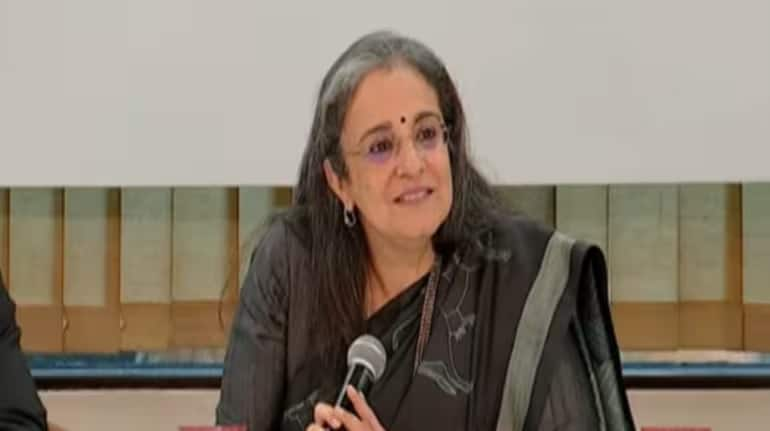SEBI’s Response to RTI Queries Raises Questions
The Securities and Exchange Board of India (SEBI) has recently come under scrutiny following its refusal to disclose certain details about cases from which its chairperson, Madhabi Puri Buch, recused herself due to potential conflicts of interest. This decision follows a query made under the Right to Information (RTI) Act by transparency activist Commodore Lokesh Batra (retired). SEBI’s response, dated September 20, states that tracking such cases would not only be resource-intensive but also deemed unnecessary.
Details of Recusal Cases Not Available
SEBI has indicated that the specifics regarding the cases from which Buch recused herself are not readily accessible. The agency stated that compiling this information would waste the time and resources of public officials, an assertion that raises concerns about transparency and accountability within the regulatory body.
Refusal to Disclose Asset Declarations
In a related issue, SEBI has also denied a request for a copy of Buch’s asset declaration, in which she reported her and her family’s financial holdings and investments in shares to the government and SEBI’s board. The regulator justified this withholding of information by labeling it as personal and indicated that its disclosure could pose a risk to personal safety.
Nearly All Information Cited as Personal
The Central Personal Information Officer (CPIO) of SEBI explicitly mentioned that the information requested is considered private, thus bearing no relevance to public interest or activity. They stated, “Since the information sought does not relate to you and it is personal information, its disclosure has no connection with any public activity or interest.” This stance reflects SEBI’s commitment to safeguarding individual privacy, albeit at the potential cost of public understanding of its operational integrity.
Concerns Over Resource Allocation
SEBI’s assertion that gathering information on Buch’s recusal cases would squander valuable time and resources invokes a broader discussion on the agency’s commitment to transparency. As per Section 8(1)(g) of the RTI Act, a public authority is entitled to withhold information that could jeopardize an individual’s safety. However, critics argue that such justifications may hinder necessary scrutiny of the regulatory processes.
Background Context and Recent Allegations
The discussion around Buch and her conflict of interest recusal is intensified by the context of recent allegations made by the American short-seller Hindenburg Research. It has been suggested that SEBI’s perceived inaction against the Adani Group might be linked to Buch’s stake in offshore funds related to the conglomerate. SEBI had released a statement on August 11 acknowledging that Buch had indeed recused herself from cases where such conflicts could arise, while also asserting that updates regarding her securities holdings had been disclosed periodically.
Conclusion
As SEBI navigates its responsibilities amidst allegations and public scrutiny, its approaches to information disclosure and conflict of interest management will remain crucial. While the agency emphasizes personal safety and resource conservation, the broader implications for public trust and regulatory oversight cannot be underestimated.












